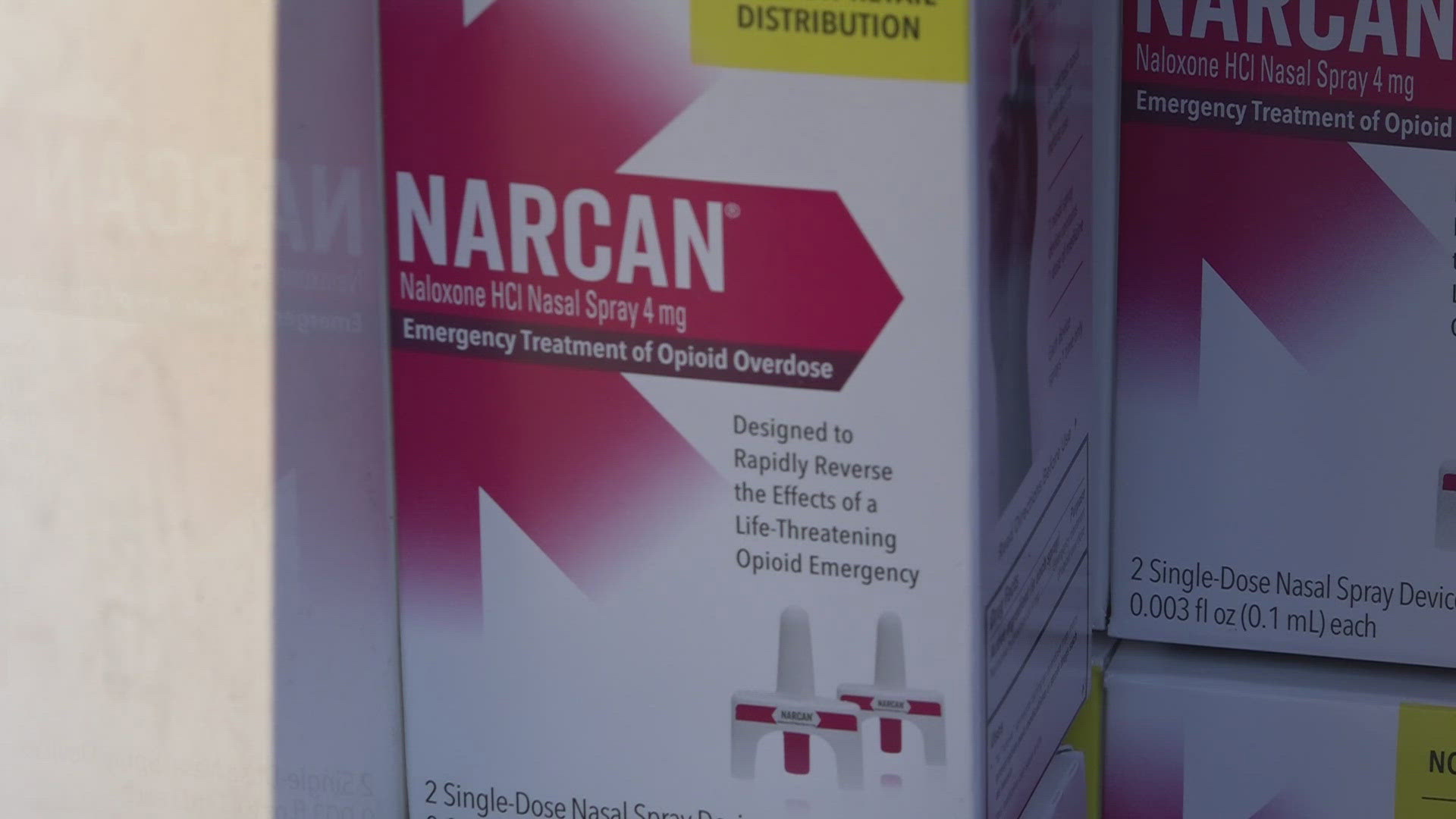ST. LOUIS — Drug overdose deaths are down in the state of Missouri for the first time since 2019.
In Missouri, in 2023 the total number of drug overdose deaths decreased by 11% compared to 2022.
Rachel Winograd, the director of the addiction science team at the University of Missouri-St. Louis, said they've seen the numbers continue to go down.
“We see that the first half of 2024 actually evidenced a 28% decrease compared to the first half of 2023, which was already showing a decrease. So again, this means that perhaps things are starting to turn around, even though we certainly don't know that for sure,” Winograd said.
While the St. Louis area is still the epicenter of Missouri's overdose crisis, it also experienced a 14% decrease in overdose deaths last year.
There are several things Winograd said could be contributing to the decrease like investments in treatment and recovery services, drug supply shifts and greater access to naloxone: the opiate overdose antidote.
“Our teams prioritize distribution to folks who are most likely to witness an overdose, which honestly are fellow people who use drugs. So getting naloxone into the hands of people who are most likely to really be there at the scene when it happens is really important,” Winograd said.
Pamela Paul with Faith, Hope and Love Worship Center is one of those outreach workers who has seen how much of a difference naloxone makes.
“This isn't condoning drug use, but it's helping to extend people's lives while they're able to make a healthy decision about what their recovery path would look like,” Paul said.
Paul said they still have more work to do.
Data shows Black men in Missouri are three times more likely to die because of an overdose than white men.
Paul is focused on getting naloxone into the hands of more people.
“I do a lot of that by reaching out to these businesses and things, getting them to put a sign in their window that says 'naloxone here,' which could make a huge difference in someone’s life down the road,” Paul said.
Naloxone is available for free at the St. Louis Health Department and many other places like churches and libraries.

